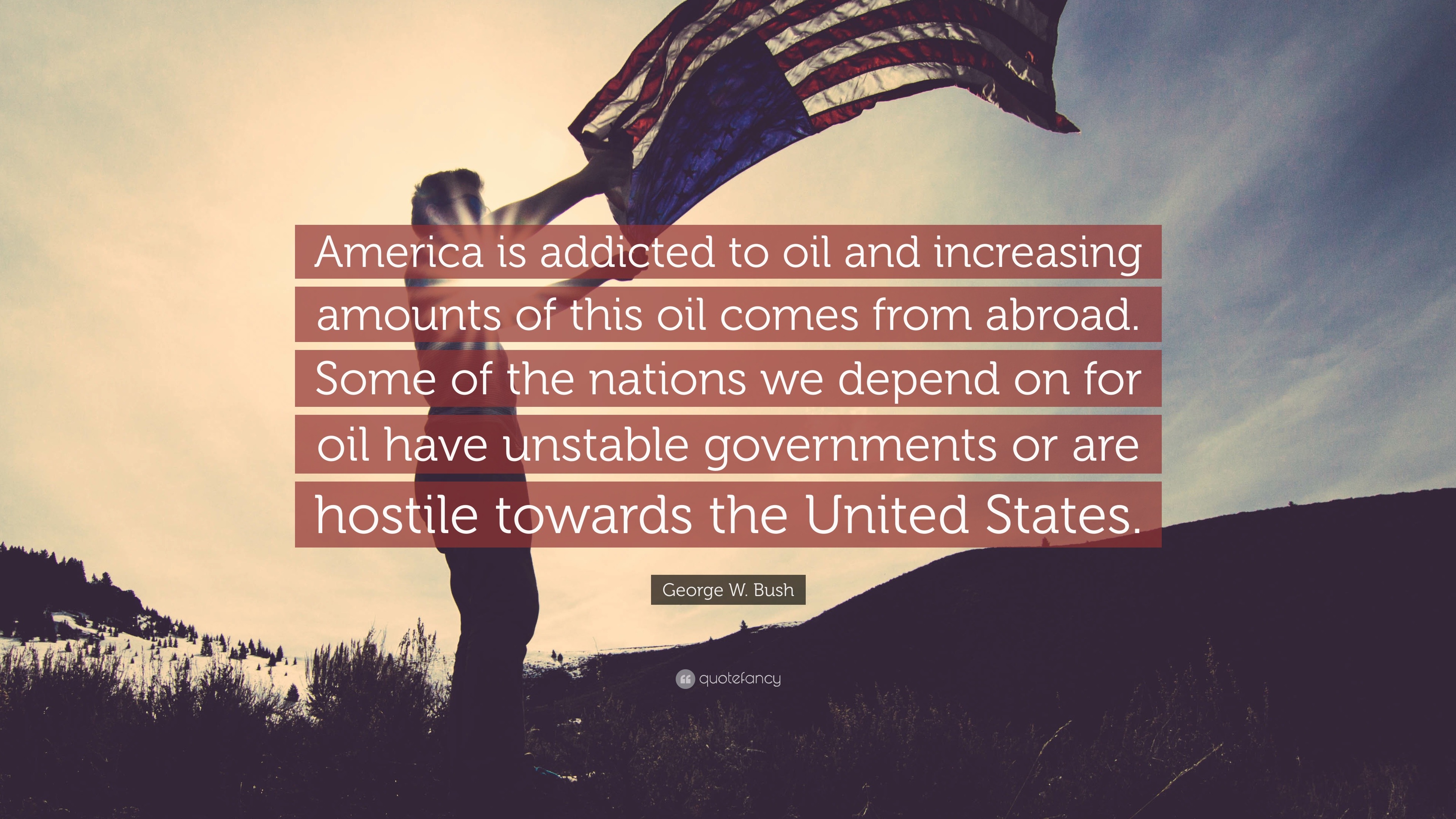- Joined
- May 11, 2013
- Posts
- 24,890
- Reaction score
- 13,614
- Points
- 2,755
- Location
- Morganton, N.C.
- Website
- conversations-ii.freeforums.net
(The Guardian) US, Saudi Arabia trade blame over Opec+ oil production cut
An outright feud has erupted between the United States and Saudi Arabia, after Washington claimed Riyadh had sided with Russia by pushing the Opec+ group of oil producers to cut their crude output even as energy prices rise worldwide.
The uproar has caused Democrats in Congress to propose pausing weapons sales to Saudi Arabia, while president Joe Biden has said the production cut – which could push US gas prices up ahead of the 8 November midterms, and further squeeze the budgets of nations dealing with energy shortages as the northern hemisphere winter approaches – will cause his administration to rethink its relationship with the middle eastern country.
Earlier today, Saudi Arabia’s foreign ministry hit back at the accusations, saying the production cut was done for economic reasons and does not mark a shift in its stance towards the war in Ukraine:
The White House was not having that. Here’s the response from national security council spokesman John Kirby: The Saudi Foreign Ministry can try to spin or deflect, but the facts are simple. The world is rallying behind Ukraine in combatting Russian aggression. The US has played a key role in assembling this coalition, and has engaged the Saudi leadership in that effort. In recent weeks, the Saudis conveyed to us – privately and publicly – their intention to reduce oil production, which they knew would increase Russian revenues and blunt the effectiveness of sanctions. That is the wrong direction. We presented Saudi Arabia with analysis to show that there was no market basis to cut production targets, and that they could easily wait for the next OPEC meeting to see how things developed. Other OPEC nations communicated to us privately that they also disagreed with the Saudi decision, but felt coerced to support Saudi’s direction. As the President has said, we are reevaluating our relationship with Saudi Arabia in light of these actions, and will continue to look for signs about where they stand in combatting Russian aggression.
An outright feud has erupted between the United States and Saudi Arabia, after Washington claimed Riyadh had sided with Russia by pushing the Opec+ group of oil producers to cut their crude output even as energy prices rise worldwide.
The uproar has caused Democrats in Congress to propose pausing weapons sales to Saudi Arabia, while president Joe Biden has said the production cut – which could push US gas prices up ahead of the 8 November midterms, and further squeeze the budgets of nations dealing with energy shortages as the northern hemisphere winter approaches – will cause his administration to rethink its relationship with the middle eastern country.
Earlier today, Saudi Arabia’s foreign ministry hit back at the accusations, saying the production cut was done for economic reasons and does not mark a shift in its stance towards the war in Ukraine:
The White House was not having that. Here’s the response from national security council spokesman John Kirby: The Saudi Foreign Ministry can try to spin or deflect, but the facts are simple. The world is rallying behind Ukraine in combatting Russian aggression. The US has played a key role in assembling this coalition, and has engaged the Saudi leadership in that effort. In recent weeks, the Saudis conveyed to us – privately and publicly – their intention to reduce oil production, which they knew would increase Russian revenues and blunt the effectiveness of sanctions. That is the wrong direction. We presented Saudi Arabia with analysis to show that there was no market basis to cut production targets, and that they could easily wait for the next OPEC meeting to see how things developed. Other OPEC nations communicated to us privately that they also disagreed with the Saudi decision, but felt coerced to support Saudi’s direction. As the President has said, we are reevaluating our relationship with Saudi Arabia in light of these actions, and will continue to look for signs about where they stand in combatting Russian aggression.

